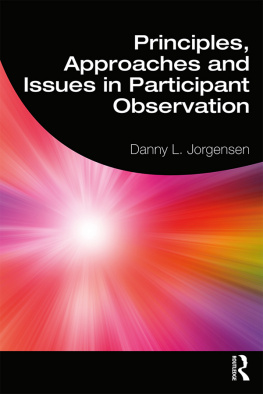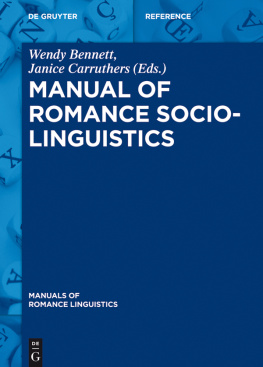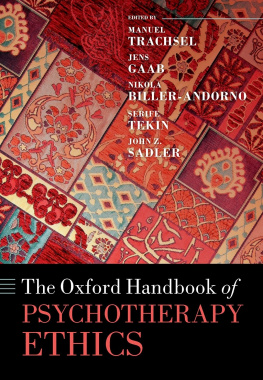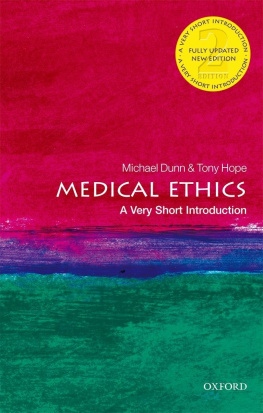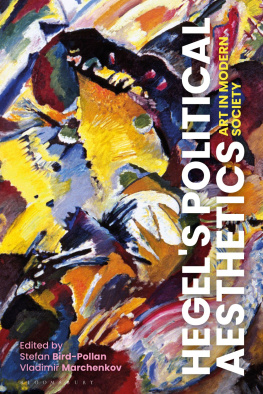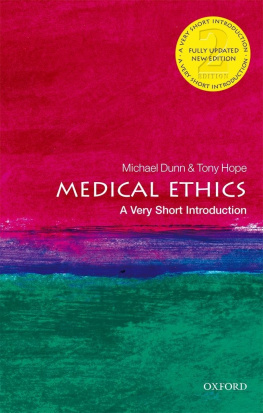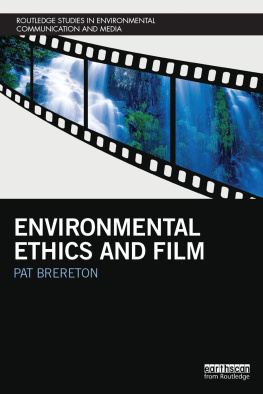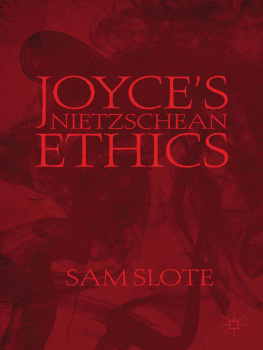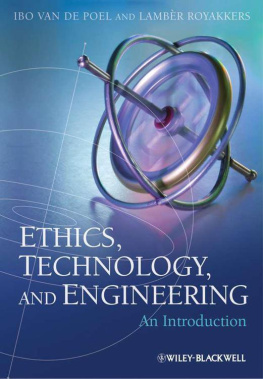T he easy answer to the question: Is reality TV ethical? is of course not. For starters, reality TV shows like fictional TV, or any TV series produced commercially are products. They are a response to economic conditions (the desire among networks, for instance, to fill hours of TV cheaply and to put on shows that will draw an audience). In this sense, its as pointless to ask whether reality TV or any TV genre is ethical as to ask whether running shoes or indexed mutual funds are ethical. That is, sure, they may have ethical effects, but ethics generally dont enter into their creation.
Its also worth noting that asking is reality TV ethical? is about as answerable a question as: Are books ethical? Reality TV can encompass anything from teen-pregnancy shows to cooking competitions to shows about addiction to documentary serials to travel and home-design series everything from Morgan Spurlocks 30 Days to ABCs 101 Ways to Leave a Game Show. Arguably, the most widely agreed on definition of reality TV is non-fiction television of which I personally disapprove.
The broader sense of the question really falls more along the lines of: Does reality TV make us bad people? Does it send bad messages, does it encourage immorality, does it coarsen social standards, is there shame attached into making, participating in and watching it? Here, the common and quick answer is, of course and the makers of reality TV are the last to discourage it.
There is, after all, no more common way to sell a reality show than by suggesting that TV has once again Finally Gone Too Far This , or by inviting fans to jeer against an Ultimate Bad Guy, like Simon Cowell or Gordon Ramsay. If there is one thing that reality TV fans generally agree on, its that they should be ashamed of themselves for watching it.
All of which is to say that to discuss the ethics of reality TV as a yes-or-no, black-and-white question is the most common way of treating the issue, and has ethics, and ask what those ethics are, the question is much more intriguing, and the results more complicated and surprising.
Maybe the most important distinction is between the ethics of reality TV and the ethics in reality TV. The former is a question of whether reality TV shows are made honestly, for instance, or whether they treat their participants in a morally responsible manner. The second is a question of whether they communicate a sense of ethics in their narratives and whether they assume, or even prompt, an ethical response from their audience.
The former is important, but in a more narrow sense. There are plenty of examples of disingenuousness in reality TV: theres misleading editing to create conflict and suspense, and theres frankenbyting, the trick of splicing together quotes from different contexts to make participants say what the producers need them to. (This does not mean, by the way, that audiences are oblivious to the manipulation; half the spectator sport of watching many reality shows, for instance, is second-guessing the editing and misdirection.) More egregiously, reality shows can create dangerous situations or at least encourage them, whether by plying house-guests with booze or making entertainment out of addiction or extreme weight-loss competitions.
But reality show participants are still a relatively small segment of the workforce; whether your reality programming is ethical in this sense is probably a lesser question in terms of absolute human effects than, say, whether the restaurants you get takeout from are ethical toward their employees.
The reality TV audience is a much bigger group, and the messages this audience receives from reality TV are much more complex, as are the ways in which viewers receive and interpret them. When it comes to the messages embedded in their narratives and the reactions they assume on the part of the audience, many supposedly depraved reality shows are, in fact, among the most moralizing series on TV.
A classic case-in-point is the ur-reality competition on broadcast TV, Survivor. Superficially, its premise is amoral in the extreme: You lie, manipulate and betray your teammates to win. Self-preservation is the prime value Outwit, Outplay, Outlast and, as many finalists have argued to the Tribal Council, it is its own justification: Its playing the game, and therefore acceptable and admirable.
But that analysis only examines Survivor as a game. Its more than that: its a spectator sport, viewed by millions of people, and the series depends upon those people to have a strong moral investment in and reaction to the story in order to stay involved. Each season involves heated arguments on and off-screen about what it really means to deserve to win. Seasons are often structured as moral experiments (tribes have been divided by gender, age and race or ethnicity) or as morality plays (e.g. the Heroes vs. villains season). The show has long recognized not just the winners of seasons but fan favorites, a nod to the idea that the audience will sympathize with players they believed to have lost honorably. Survivor, in other words, assumes that you, the audience member, have an independent system of moral values that is most likely different from the one rewarded by the game, and that that conflict is at least part of what makes the season engaging.
That a work of pop culture should make that kind of assumption shouldnt surprise us and when it comes to higher genres like fiction, it doesnt. If Mad Men or Boardwalk Empire depicts sexism, or violence, or self-destructive behavior, its nuanced story-telling. But if a reality show does the same thing, its immoral, misanthropic or bigoted. We assume that the audiences of HBO or FX dramas (or for that matter, readers of Crime and Punishment or Lolita) can empathize with the protagonists without wanting to emulate them; we assume they can maintain a critical distance from the narratives and perceive ironies between the characters words and their actions. Why? Because we assume that someone who watches


